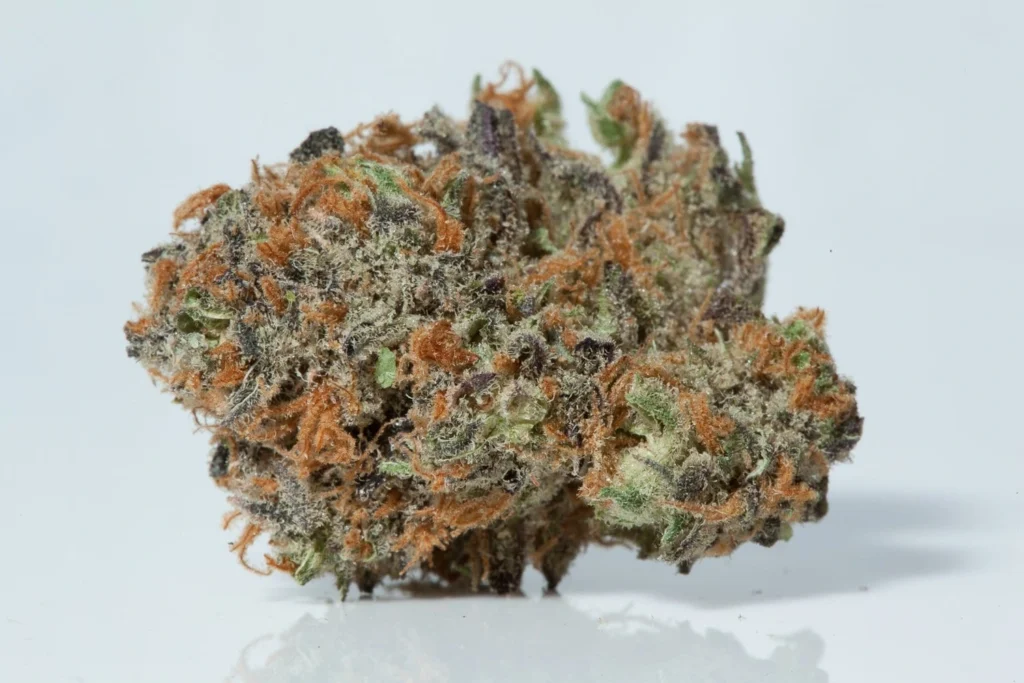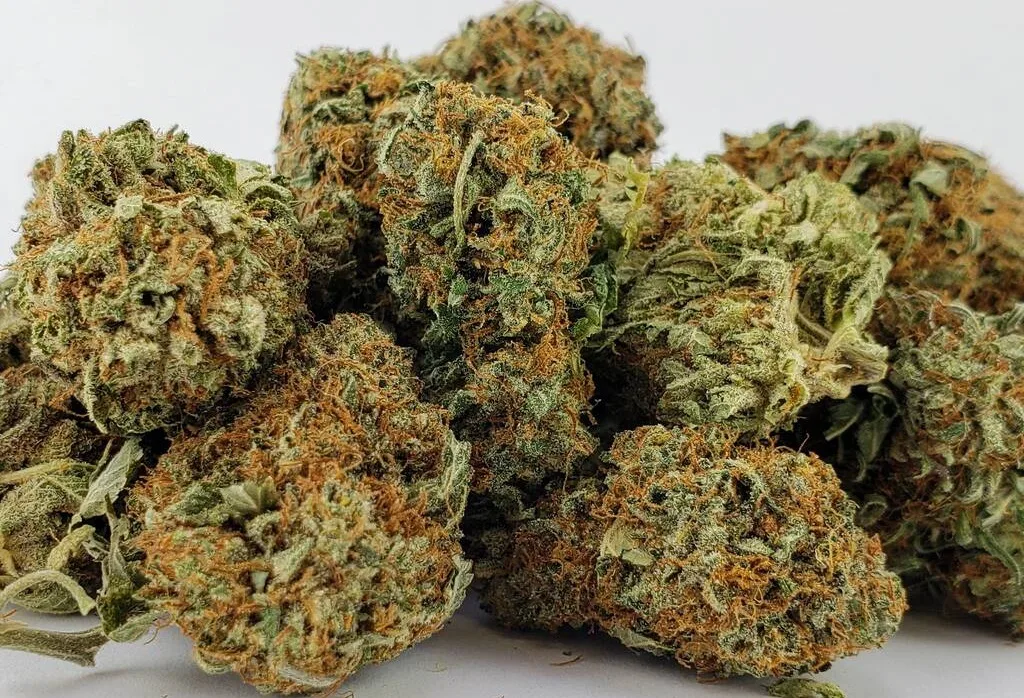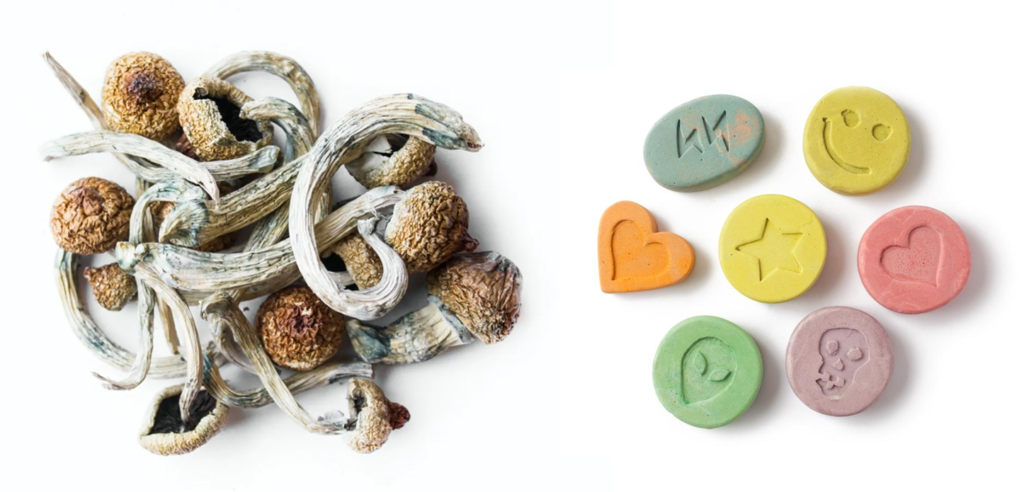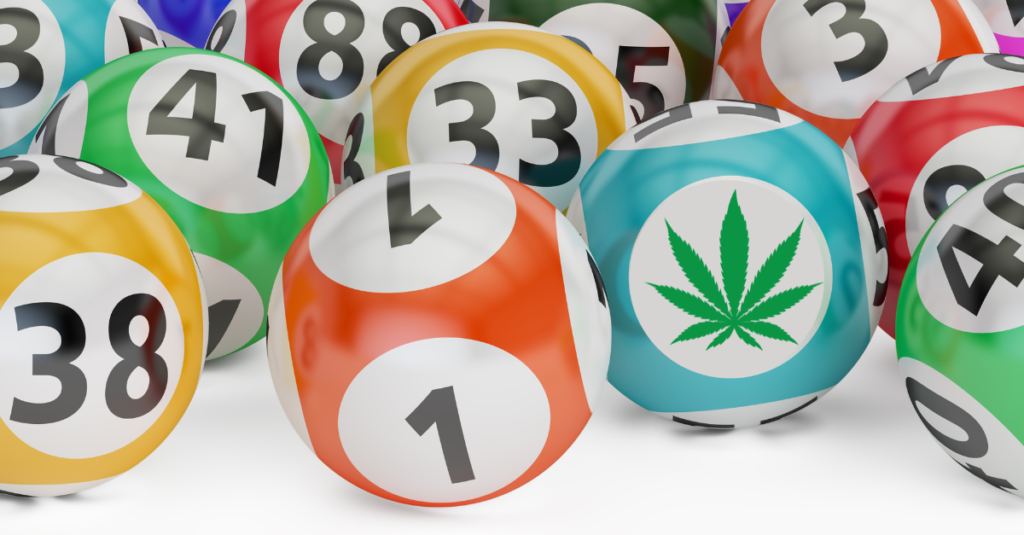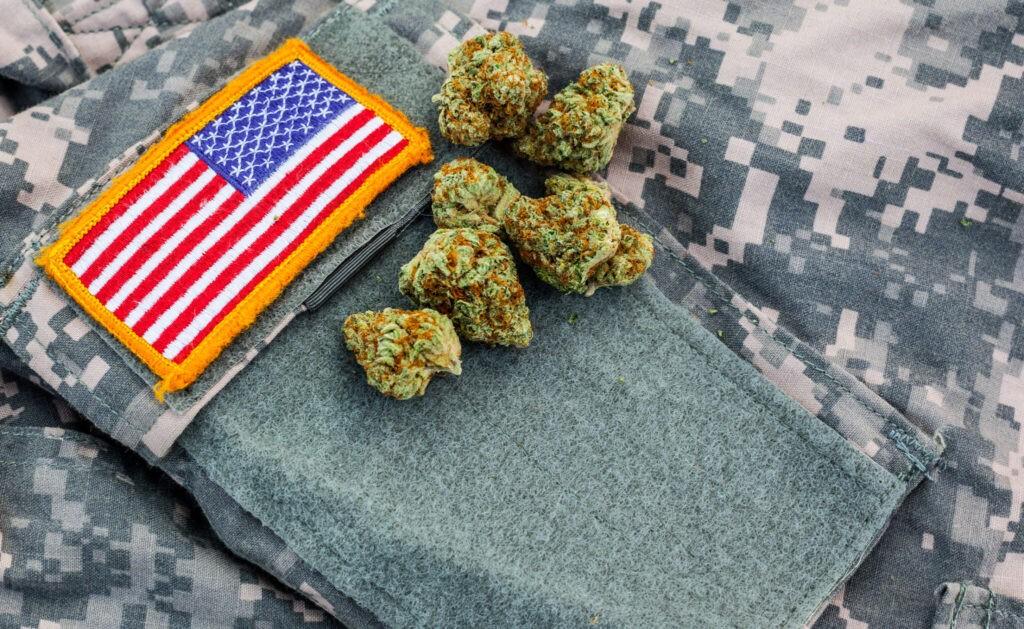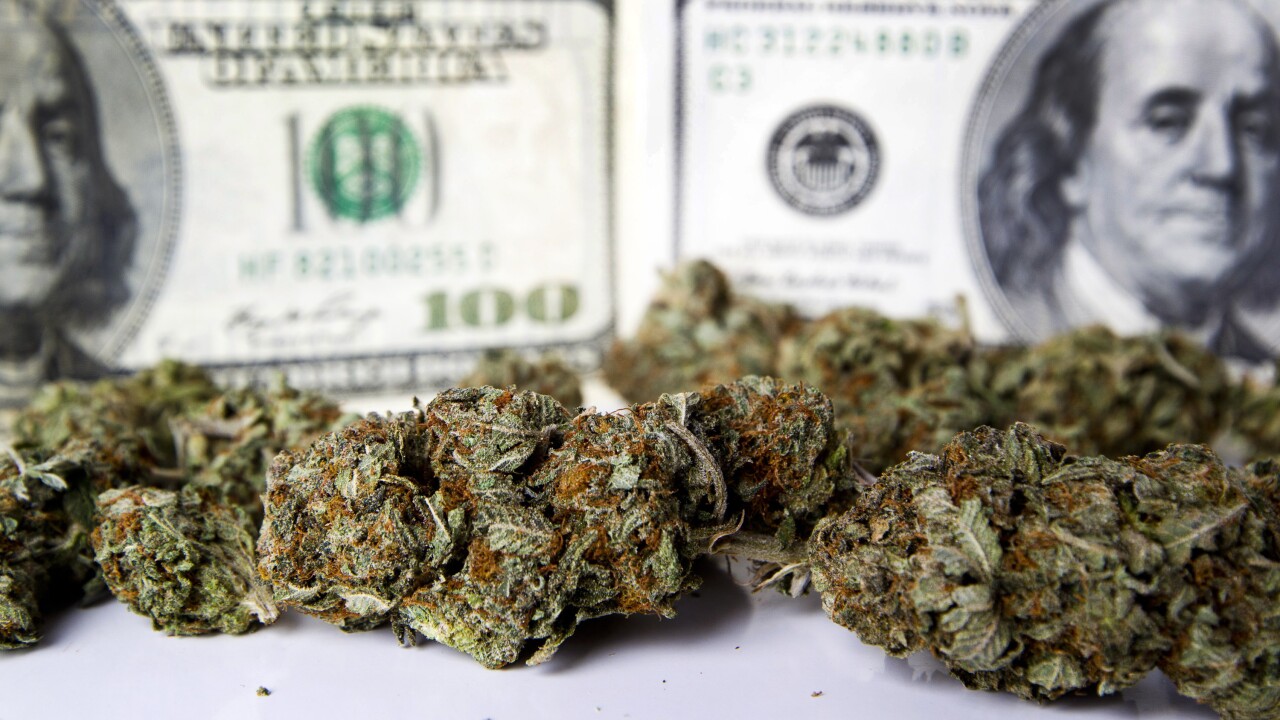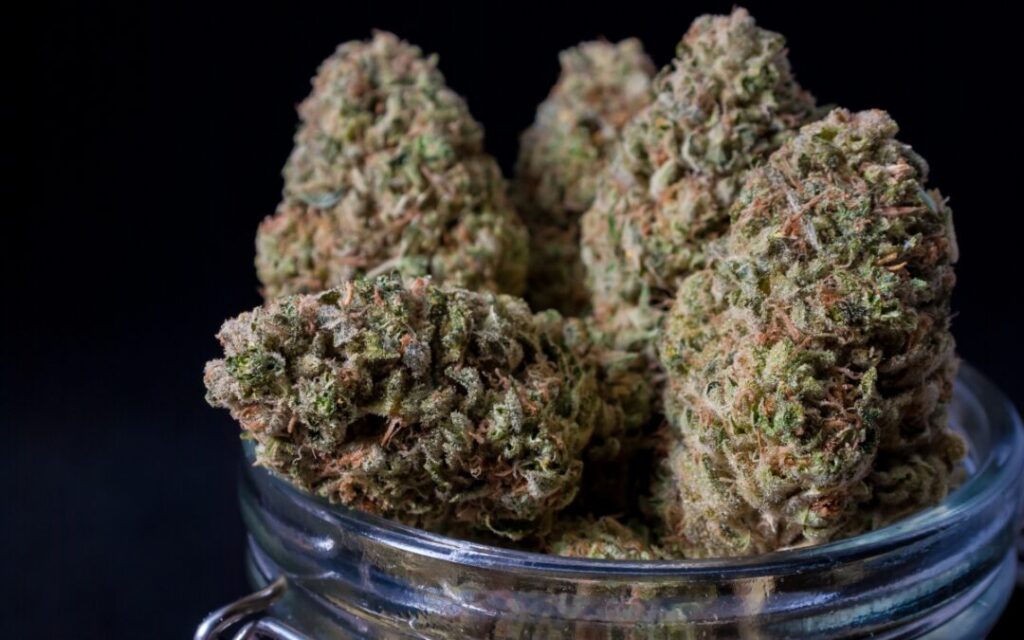The global market for cannabis-infused edibles has surged from $6.05 billion in 2024 to $7.17 billion in 2025 and is projected to more than double in value by 2030, reaching an estimated $16.62 billion.
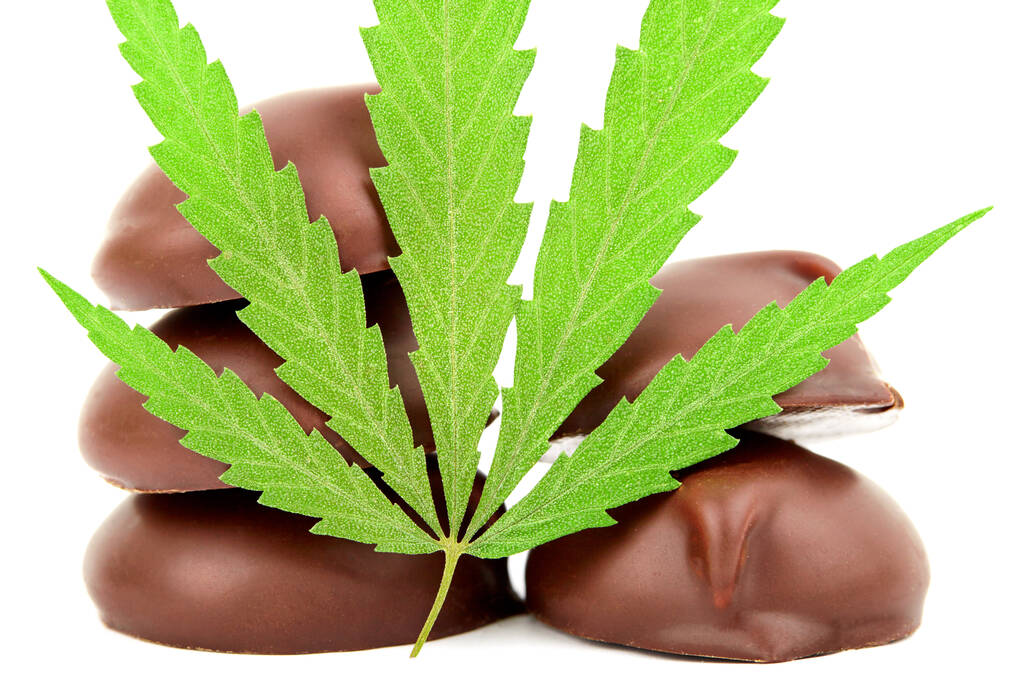
That growth represents a compound annual growth rate (CAGR) of 18.34%, according to a new market report analyzing consumer trends, product segmentation, and key industry players. The report was conducted by the firm Research and Markets.
Once a niche product category, cannabis edibles have entered the mainstream, with advancements in formulation, dosing consistency, and culinary innovation helping expand appeal to both recreational and medical users. The report attributes much of the growth to changing public attitudes, expanding legalization efforts, and increasing demand for discreet and alternative forms of cannabis consumption.
Continue reading


